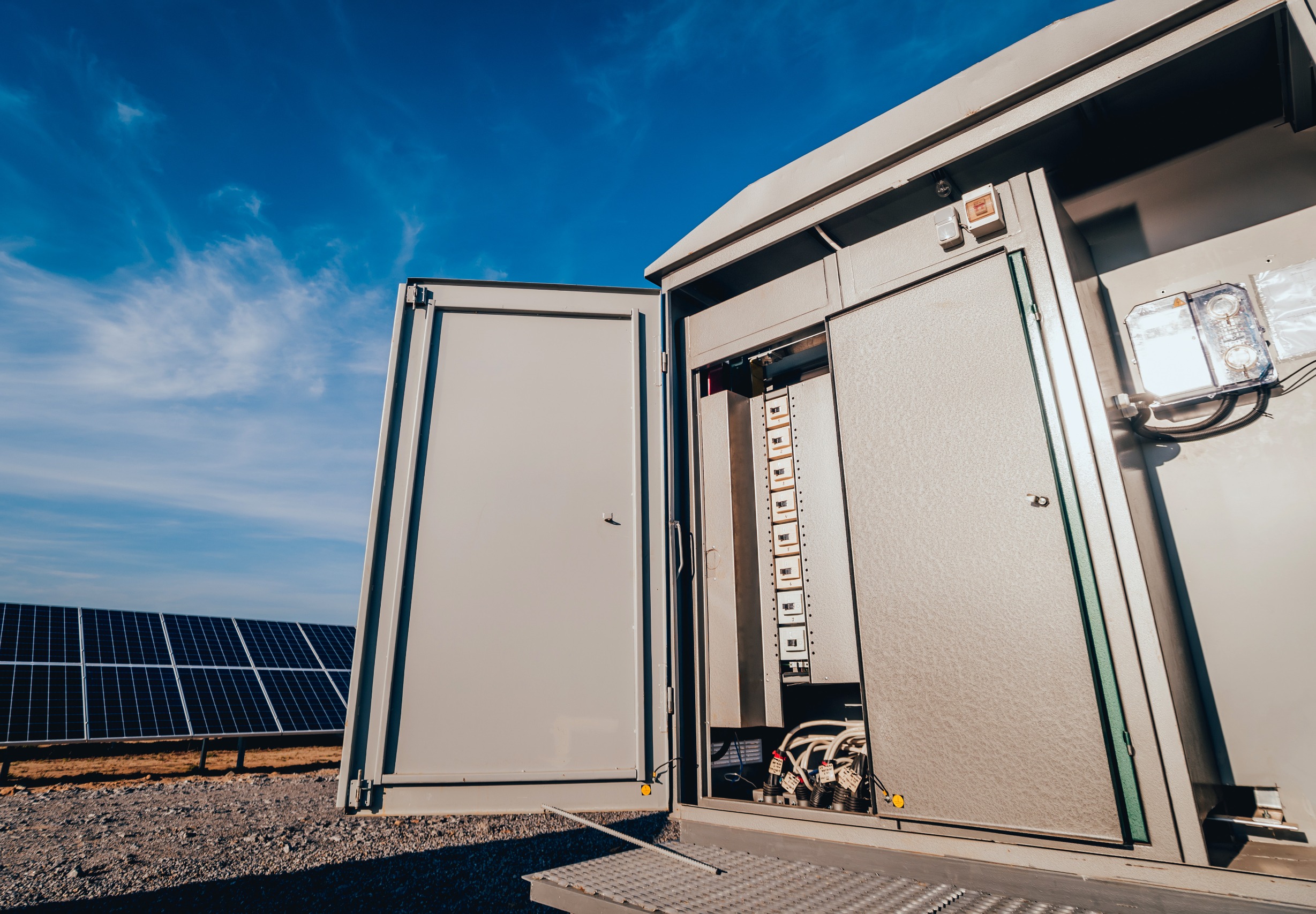According to data from the Energy Information Administration (EIA), more than 20 gigawatts (GW) of battery capacity have been added to the US electric grid in the last four years. This rapid expansion is equivalent to the production of 20 nuclear reactors and is crucial for averting power disruptions, especially in states that rely significantly on intermittent renewable energy sources such as wind and solar.



Although renewable + bess still wins according to most recent studies on that matter, cost comparison between nuke and renewable / Bess is not that useful. Assumptions on the longevity of nuke reactors, for example, helps little if the fleet of reactors end up constantly break down and require repairment as in France and Belgium. So lcoe of nuke over long time span is highly uncertain and contingent; even in construction phase nuclear projects already entails higher risk in time and budget overrun than renewables. Plus the positive feedback loop of learning curve, evident in renewable and Bess, is not so visible for nuclear.
What is more useful for sake of current policy discussion is deployment rate and scalability, which renewable plus batteries clearly wins.